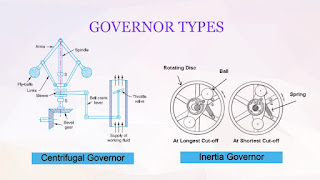Harmful bacteria can create all sorts of uncomfortable, and dangerous, health situations. However, a team of scientists at McMaster University in Canada has now created a repelling non-stick coating that can keep these bacteria at bay.
Coming in the form of a flexible plastic wrap, it prevents the transfer of antibiotic-resistant bacteria from surfaces and people.
It'll prove especially useful in hospitals but can also be used in kitchens in homes.
How does the wrap work?
Taking their inspiration from nature itself, the scientists took the water-repellent lotus leaf as an example for their plastic wrap. Their surface works through a mixture of nano-scale surface engineering and chemistry.
The way a lotus leaf repels liquids is through its wrinkly surface, which excludes all external particles. For example, if water or blood drops onto the surface, it merely bounces off. It would be the same for bacteria on the recreated plastic.
On top of this, the scientists added chemicals to the surface layer that further enhance its bacteria-repelling properties. The end result? A flexible, durable and inexpensive material that stops the harmful spread of bacteria.
The material can be likened to a plastic wrap, "that can be applied to all kinds of things," as Leyla Soleyman, lead engineer and researcher of the study, said.
The plastic wrap can be shrink-wrapped onto door handles, railings, IV stands, and other bacteria-'friendly' surfaces. Furthermore, it can be used for food packaging, stopping the transfer of harmful bacteria such as E. coli, and Salmonella from raw chicken.
Co-author of the study, Tohid Didar, said "We can see this technology being used in all kinds of institutional and domestic settings. As the world confronts the crisis of anti-microbial resistance, we hope it will become an important part of the anti-bacterial toolbox."
All that's left for the researchers to do now is to find a commercial partner in order to develop commercial applications for the wrap.
Their findings were published in the journal ACS Nano on December 13.















Comments
Post a Comment